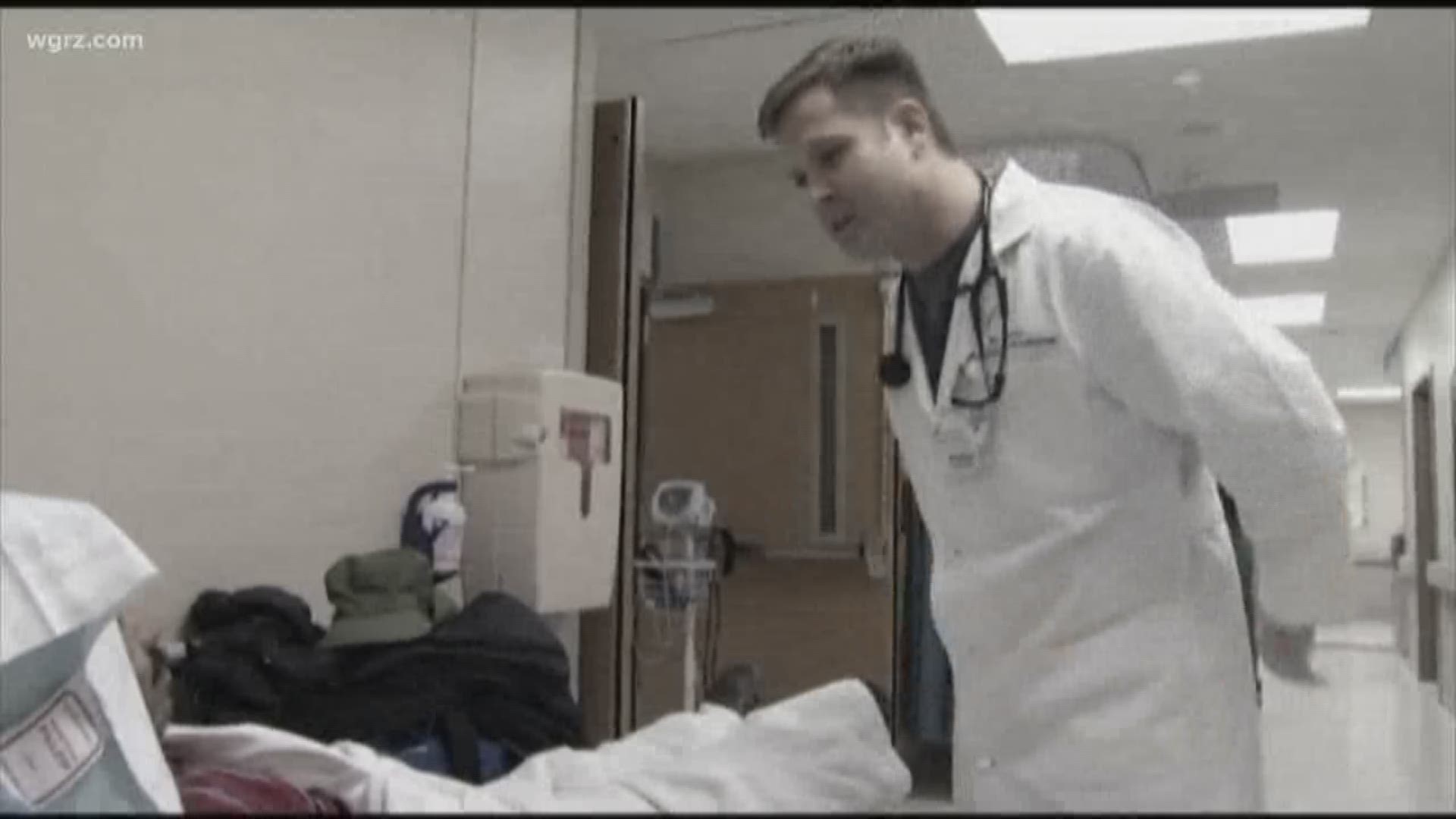BUFFALO — Conditions are right for a "death spiral" for healthcare insurance.
Bill Hammond, the Empire Center's director of healthcare policy, explains the spiral is the result of insurance pools seeing, "healthy people leave, the rates go up, the premiums go up, more healthy people leave and it becomes a vicious cycle.”
This is the situation Hammond sees in New York State's individual market for healthcare coverage. The vast majority of people get insurance through the government (Medicare, Medicaid and the Veterans Administration) or their employers. But some 300,000 state residents get individual or small group plans through more than a dozen different insurers.
These companies have petitioned the state Department of Financial Services for a 2019 rate increase. A weighed analysis (based on number of customers) done by the Empire Center put the average rate hike request is at 24-percent.
Much of that has to do with the death of the federal individual mandate. When President Trump signed the tax cut bill in December, it officially ended the Obamacare mandate that all adults under the age of 26 buy healthcare insurance.
The no-so-secret elixir of medical insurance is having lots of young people paying premiums because they tend not to use much healthcare, offsetting older Americans who often use much more medical services.
Fidelis Care, run by the state Roman Catholic dioceses, covers 100,000 customers on the individual market, by far the largest insurer in the category.
With the individual mandate in place, Fidelis was going to ask for a 12.7% rate increase from state regulators. Now that the mandate is no more, Fidelis is seeking triple that number, a 38.6% hike.
Asked about possible fixes to this death spiral scenario, Hammond mentioned a move both Massachusetts and New Jersey made, adding a state individual mandate. But Hammond immediately pointed out the political difficulty of doing that in New York because the mandate was the most unpopular part of Obamacare.

